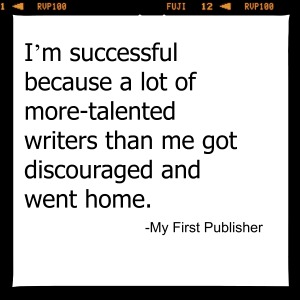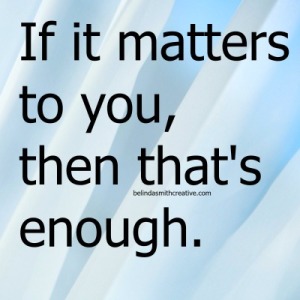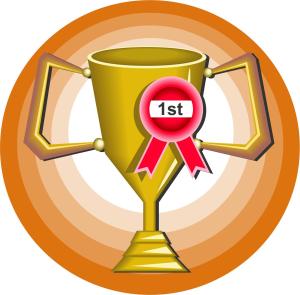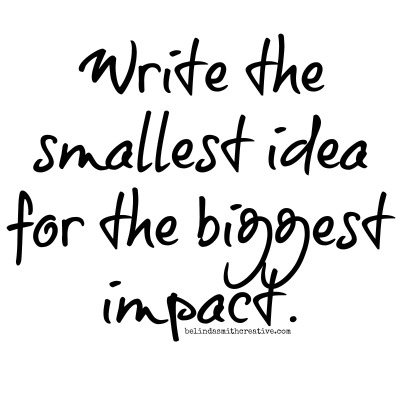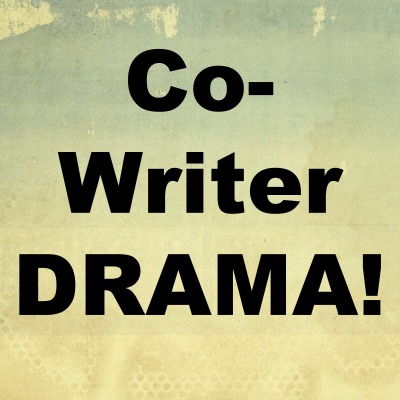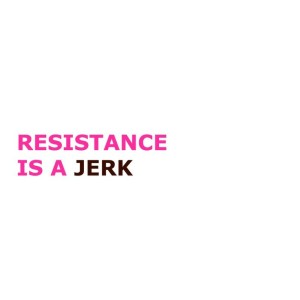I used to dream of winning awards for my songwriting.
I specifically remember being a kid in West Virginia picturing myself winning a Dove Award.
When I won said Dove, I assumed I would be living in a gorgeous house with a white marble entrance, and I’d have a personal driver. I mean, that’s what success means, right?
Well, I did win one eventually, but the reality looked a lot different. At that time I worked 40 hours per week in an extremely negative environment. I lived in a tiny house (which I did love—so there’s that), and I had to request vacation time off from work to attend the ceremony via my self-driven used Honda Accord.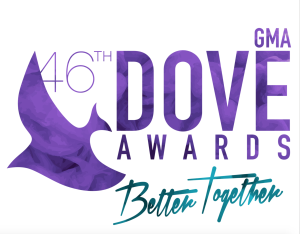
I’ve been nominated several more times (including a just announced nomination for my musical, “Once You’ve Seen the Star.” Yay!)
My songs have found place after place, and some are more acknowledged than others.
What I wish I’d really known before I got into the biz, though, is that the most meaningful moments of my career wouldn’t come from trophies, medals and chart numbers.
I used to believe success was measured by everyone else. That it was measured by things outside of me.
And while I believe we all assign our own meanings to awards and affirmations, and I’m certainly happy to be included when those things do happen, the biggest moments for me have been in the ones without press releases.
…when a dying man asked that one of my songs be sung to him in his last moments—it was just he and his family in the room. An a cappella version to a few people that the world would never hear.
…when one of our songs was sung in China to survivors of a massive Earthquake. What do you really say to someone who is living with that kind of loss? How humbling that maybe we had something to offer. We just talked about Peace. And James Tealey & I had no idea that our 3rd co-writer, Maurice Carter, would die on the side of the interstate just months later.
…when a group of people from my hometown practiced for weeks to present my musical to their congregation at Christmas. They were amazing.
These are just a few of the moments that have made writing songs such a big thing.
I suppose I wish I would’ve known the real definition of success all along.

 Follow
Follow

